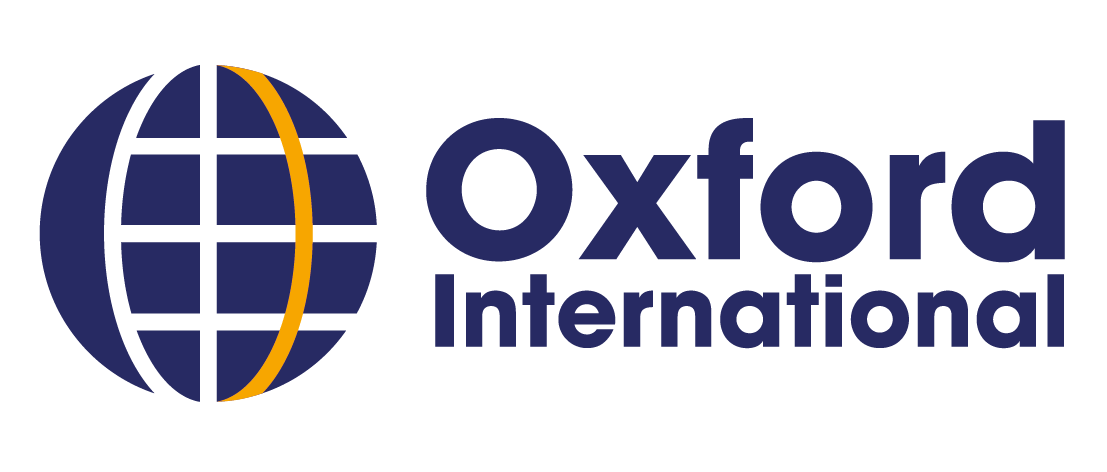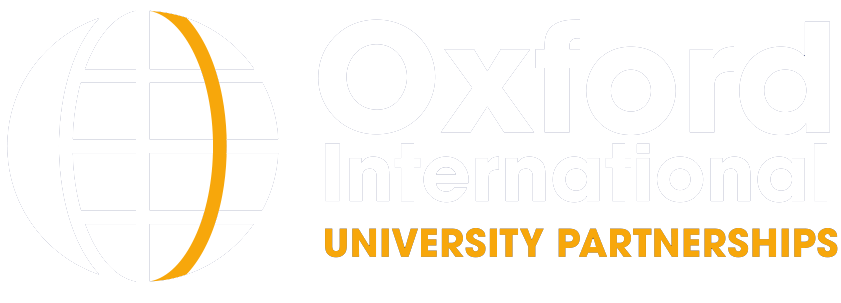The International Year One course at Bangor University International College offers a combination of first-year university subjects and English language and academic study skills.
Students will gain a comprehensive understanding of business, covering core principles in economics, law, management, and mathematics. Upon completion, students automatically progress to the University of Bangor for two more years of study.
To be eligible for this course, you must have completed high school or an equivalent programme and meet the English language requirements. Visit our entry requirements tool to find out your country-specific entry requirements.



